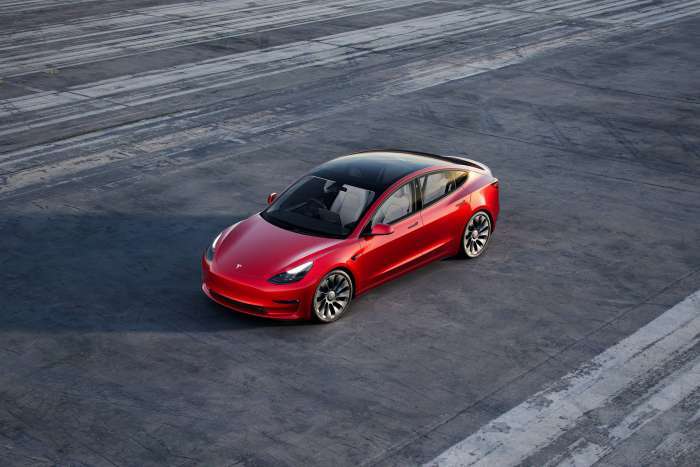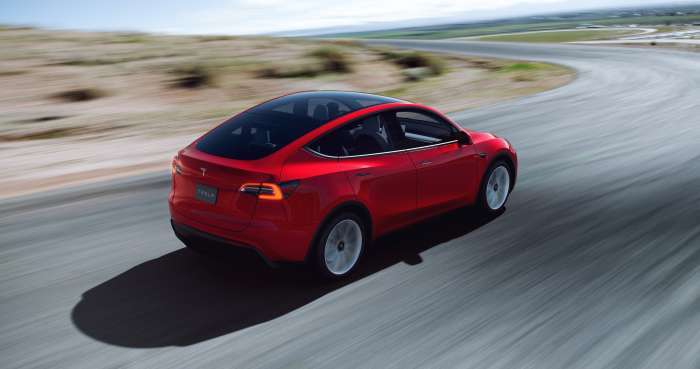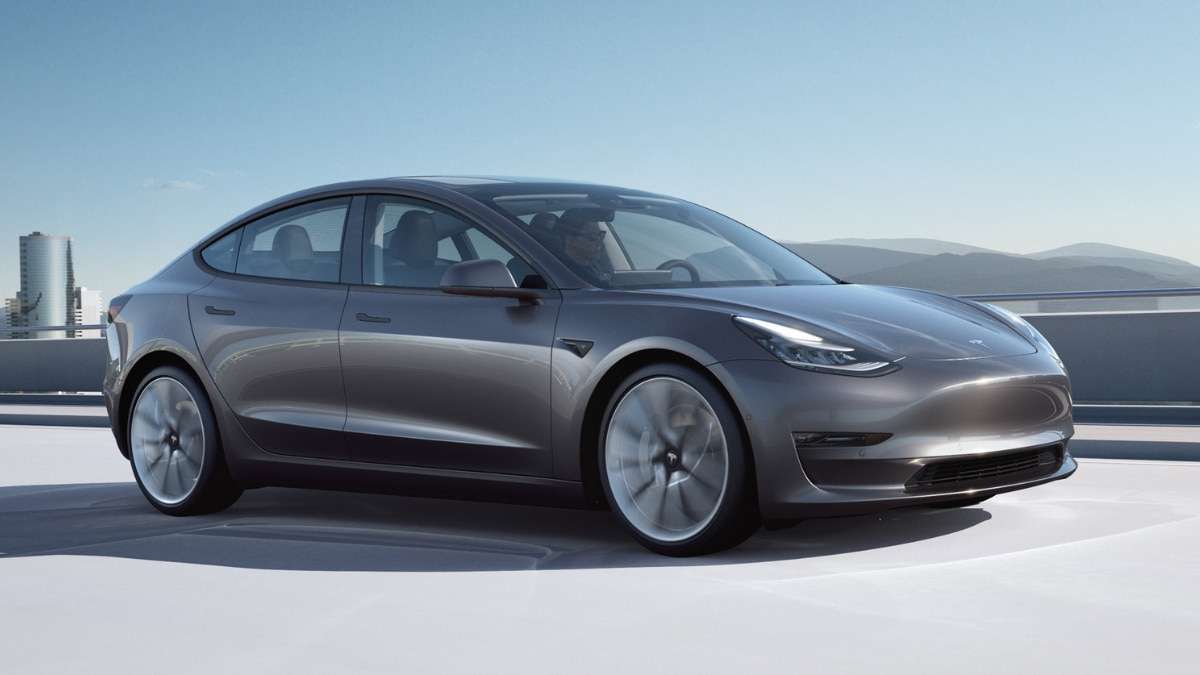Although traditional groups are redirecting the bulk of their investments towards electrification, Tesla still has an important technological advantage that is evident, for example, in the efficiency of its cars, which usually offer much lower real energy consumption than other equivalent competing models.
With the aim of closing the gap with Tesla and equaling or even exceeding the performance levels of its cars, Mercedes-Benz has decided to incorporate its Formula 1 team into the development process of its next generation electric vehicles. "We have an advantage with Formula One that others don't have. Tesla does not have it“, says Markus Schaefer, director of technology for the German company.
The Vision EQXX prototype, revealed last year, was a first preview of the next generation of electric cars from the German firm. The concept car was developed in collaboration with the Formula 1 team and achieved an actual energy consumption of just 8.3 kWh/100 km during a 1,202 km journey between Stuttgart (Germany) and Silverstone (UK).

The electric Mercedes-Benz CLA could - potentially - be more efficient than the Tesla Model 3: Adam Allsopp, director of advanced technology at Mercedes-Benz High Performance Engines, says that making electric cars more efficient will allow smaller batteries to be used, which in turn will reduce the weight and overall cost of the car. “Just throwing [more] batteries at something is not a smart solution. If you find smart ways to achieve the same range, it's better for customers, manufacturers and the planet".
The new drive technology from Mercedes-Benz will make its debut next year with the electric CLA, which will be based on the MMA modular platform. It will debut an 800 volt system and a new unit (eATS) that will integrate engine, transmission and power electronics.

In addition to being very compact, it will also be efficient, since it will have an efficiency of 95% as compared to the typical 80-85%. Rumors suggest that its approved consumption will be at 10 kWh/100 km, and the batteries will have a capacity of less than 100 kWh, which will not prevent it from achieving a range of between 650 and 850 km WLTP, depending on the version.
Mercedes-Benz is taking a multifaceted approach to surpass Tesla's electric vehicle efficiency. By utilizing its Formula 1 team's expertise, developing cutting-edge prototypes like the Vision EQXX, and exploring smart solutions such as smaller and lighter batteries, the German automaker aims to create a more sustainable and cost-effective electric vehicle. The upcoming electric CLA, equipped with innovative drive technology and ultra-efficient units, will mark the beginning of Mercedes-Benz's journey to excel in the electric car market and potentially outperform Tesla. Only time will tell if these strategies enable the company to achieve its ambitious goals and transform the automotive industry as we know it today.
Source: reuters
All images courtesy of Tesla Inc.
Nico Caballero is the VP of Finance of Cogency Power, specializing in solar energy. He also holds a Diploma in Electric Cars from Delft University of Technology in the Netherlands, and enjoys doing research about Tesla and EV batteries. He can be reached at @NicoTorqueNews on Twitter. Nico covers Tesla and electric vehicle latest happenings at Torque News.





